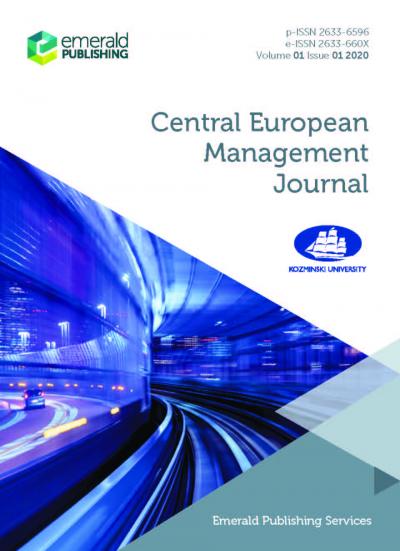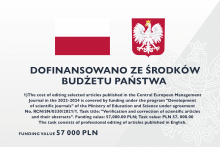Purpose: The purpose of the article is to find an answer to the question whether the European Union, and especially the countries that are full members of the Economic and Monetary Union, are able to reach a common solution in fiscal policy, which may result in a further deepening of integration processes.
Methodology: The article is based on literature, legislation and documents, reports and accounts of the institutions and bodies of the EU. The paper presents an analysis of the current situation within the European Union on fiscal consolidation, the theoretical format of the fiscal union and the range of possible functions of common bonds and consequences of the issue (in the context of sharing risk between the issuers, and thus – the impact on
fiscal discipline), and finally, the role of the disintegrative processes in the context of public finance.
Findings: So far, the common legislation to restore budgetary balance was broadly implemented, however, it is too early to say whether specific rules will translate into action of public authorities. When it comes to issues indicating the deepening of integration, it is difficult to note the political consensus in this regard. The proposal for creating a new budget only for the eurozone countries seems to be far-reaching.
Research implications: This paper may be a contribution to the further discussion on the future of the European Union, especially in the context of fiscal policy.
Originality: The author presents her findings and thoughts on current events in the financial integration within the European Union on the basis of documents of the European Commission, the Council of the European Union, the President of the European Council and the European Economic and Social Committee.





